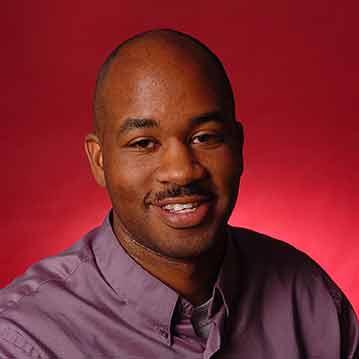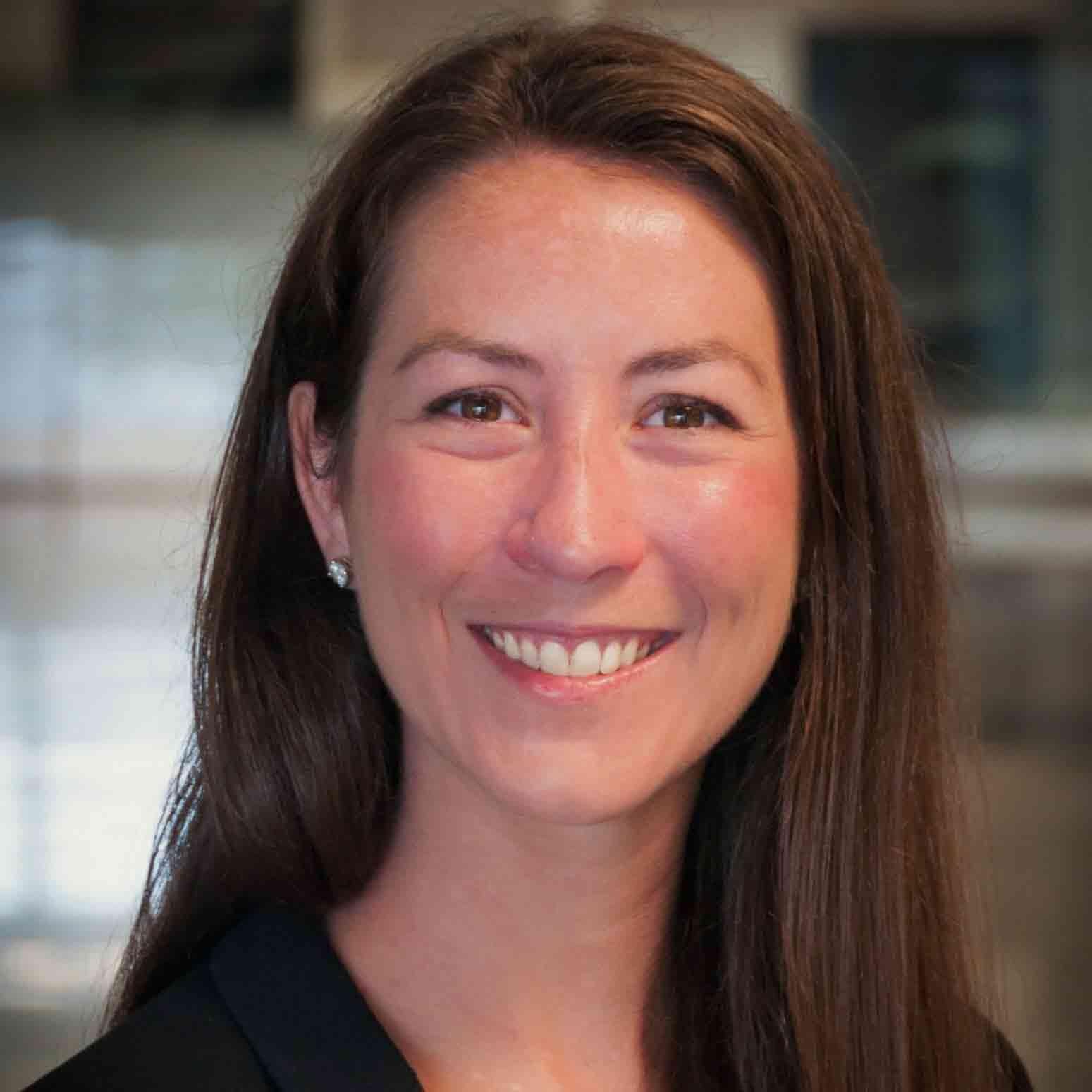Arts
Creative practice as personal expression and social commentary
Introduction
Art—in its infinite forms, functions and implications—is the most accessible and universal way of constructing meaning out of the world we inhabit.
The Arts Scholars program helps students gain a deeper understanding and appreciation of the role that art plays in society and in history. Through a mix of lectures, discussions, demonstrations, collaborative art-making and interactions with guest artists, students consider:
- How art can help us uncover our past and more readily imagine the possibilities of the future;
- How and why art may be used to make an impact or send a message; and
- What different works of art, and personal reactions to them, may signify.
Students will be challenged to conceptualize, articulate and present original ideas through a variety of methods, getting firsthand experience in creative problem-solving and project execution. Ultimately, students will strengthen their personal artistic skill and learn to appreciate a broad spectrum of art disciplines.
The Arts Scholars program attracts a diverse student population from a range of academic disciplines. No matter their area of artistic interest or skill level, students will find themselves immersed in a collaborative learning environment.
Colloquium and Lecture Topics
- What is art? What is “good” art? Understanding social definitions of art and their influence on artistic taste.
- How can we leverage the influence of artistic practice to constructively comment on the depth of our differences, our shared commonalities, and the nuances of identity as individuals and community members?
- What does research look like in the arts? Exploring common methods of creative and artistic research in the professional world.
- In what ways can we embrace creative approaches to identify, address and bring clarity to the societal challenges faced by “you,” “us,” “them” or “other”?
- How can art reshape or recontextualize understanding of our (individual and societal) learned history, biases and beliefs? How can it make visible the invisible?
- West African djembe: Exploring the role of music in community building, storytelling and cultural understanding
I have been challenged to think differently, work cooperatively, embrace creativity and, most importantly, go beyond the limits I have set for myself. Because of this program, I can confidently say I feel infinitely more prepared for the “real world,” and for that confidence and growth, I could never be more grateful.
Other Learning Opportunities
A variety of learning opportunities supplements the Arts curriculum. As an Arts Scholar, you will be introduced to artists, professional ensembles and world-class institutions each semester, through workshops led by guest artists; attendance at live performances in Washington, DC, New York City and on campus; and visits to the Smithsonian's renowned art and history museums.
In addition, you will get a chance to:
- Conceptualize, execute and present a capstone project of your choosing during your second year;
- Participate in service-learning with local schools and arts nonprofit organizations; and
- Cultivate valuable leadership and communication skills through peer mentoring and peer teaching opportunities.
Curriculum Overview
Over the two-year program experience (four semesters), students will complete up to 6 credits of supporting courses that will count toward your Arts Scholars citation. In most cases, these will also fulfill General Education requirements. Note that your Scholars courses—colloquiums, capstone practicum and supporting courses—will generally be in addition to any courses you take to satisfy major requirements.
The following represents a typical two-year curriculum, but individual schedules may vary. Details about courses and requirements can be found on the Arts Citation Checklist.
| SEMESTER | COURSE | CREDITS |
|---|---|---|
| Freshman Fall | Scholars Colloquium | 1 credit |
| Academic Writing (can be taken either Freshman Fall or Spring semesters) | 3 credits | |
| Arts Service Learning (Optional) | 2 credits | |
| 2–4 courses toward degree and major requirements (including possible supporting course) | 6–12 credits | |
| Freshman Spring | Scholars Colloquium | 1 credit |
| Arts Service Learning (Optional) | 2 credits | |
| 3–5 courses toward degree and major requirements (including possible supporting course) | 9–15 credits | |
| Sophomore Fall | Scholars Colloquium | 1 credit |
| 4–5 courses toward degree and major requirements (including possible supporting course) | 12–15 credits | |
| Sophomore Spring | Scholars Colloquium | 1 credit |
| Scholars Capstone | 2 credits | |
| 4–5 courses toward degree and major requirements (including possible supporting course if not already completed) | 12–15 credits |
Sponsoring College
Residence Hall
Bel Air Hall
Faculty


Social Media, Etc.
The Diamondback: UMD students' dance workshop highlights Japanese Butoh style, May 2022
Arts News
3 Scholars Alums Among University’s Undergraduate Researchers of the Year
Three Scholars alums were among the seven students named University of Maryland’s 2021 Undergraduate Researchers of the Year. Andrew Forschler, Arts Rebecca Gordon, Public Leadership Neehar Peri, Business, Society and the Economy Selected by a panel of faculty and staff, this honor recognizes select undergraduate students who displayed exceptional commitment to and accomplishments in undergraduate research at the university
10 Scholars Alums to Serve as Spring Commencement Senior Marshals
A significant number of Scholars alumni will be serving as Senior Marshals at the University of Maryland commencement this Friday, May 21, 2021. Senior Marshals are graduating seniors who display the highest levels of scholarship, service, extracurricular activity and personal growth.
Scholars Citation Class of 2020 Recognized at Virtual Awards Ceremony
When the Scholars Citation Class of 2020 arrived at the University of Maryland in fall 2018, they were wide-eyed freshmen who took part in the usual rites of passage in Scholars: Service Day, excursions related to the annual theme, a kickball tournament the spring of their freshman year. And, while the 984 students’ second year in Scholars fell during the program’s 25th anniversary, “that year turned out to be anything but ordinary,” observes Scholars Executive Director Marilee Lindemann. In March of their second year, the UMD campus shut down in response to the COVID-19 pandemic and these students faced an abrupt pivot to remote learning.
Scholars Alums Honored at 2018 Citation Awards
More than a thousand College Park Scholars arrived on campus in fall 2016, the largest freshman class in Scholars history. This citation class went on to make an impact across the community, including raising a record-setting $19,315 for charities in the Scholars Cup competition. On Friday, Sept. 24, College Park Scholars celebrated this class with our annual Citation Awards Ceremony. The Scholars Citation Awards celebrates those select citation earners who have enriched the life of our community by putting Scholars values into action. Four students from each of the 12 programs were recognized with Outstanding Achievement and Outstanding Citizenship Awards (two for each category for each program).
‘Proud to be a Scholar’: Arts Alum Now Working as Healthcare Lobbyist
Looking back, Arts Scholars alumna Shannon Gahs says it’s interesting to see how Arts Scholars alumni have used their experience in the program to bridge into different areas. After graduating from the University of Maryland in 2006, Gahs attended the University of Baltimore School of Law. She is now working at Bayada Home Health Care advocating for policies that will benefit nurses and therapists. In August, she was promoted to director of government affairs. “I’m using the organizational and presentation skills [that I developed in Arts] to bring together grassroots support and build coalitions with other groups advocating for our patients and nursing staff,” Gahs said.
Berlin Scholarship Sends Scholar to Ireland for Creative Writing Immersion
As a former Arts Scholars and past winner of the Martha and Ira Berlin Legacy Fund Scholarship, senior Emily Tuttle’s Scholars experience is even more meaningful since her scholarship win. Earning the scholarship provided Tuttle with the opportunity to study abroad in Ireland in a creative writing immersion class through the Department of Arts and Humanities. “This award supports students who have a well-defined, innovative project, who are committed to Scholars and to learning from diversity, and who have financial need,” Scholars Executive Director Dr. Marilee Lindemann said.
